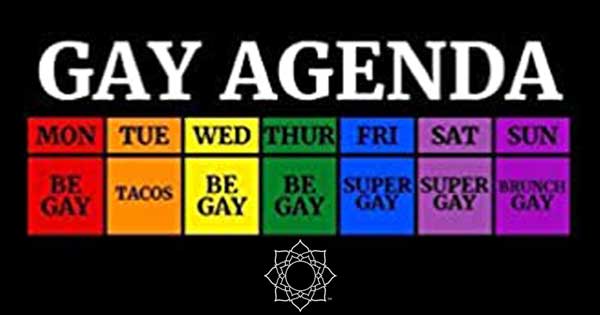By Marissa Mitchell
The word lifestyle is often used to describe what it means to be LGBTQIA+ in this world. My friend Marissa Mitchell has written a great piece that captures many of my feelings. Especially the “record scratch” moment.
I first met Marissa when she came to one of our Later In Life Conferences in Nashville. It is such a pleasure to watch her claim her authenticity and be a light to her students.
Today’s topic: The word “lifestyle”
“I just want you to know that I still love and respect you despite your alternative lifestyle.”
Record scratch. This phrase makes my blood boil, and I cannot tell you how many times I’ve heard it in a syrupy, self-congratulatory tone. It’s like hearing, “See? I’m going to show you how tolerant I am.” There’s that word again.
First off, “alternative” implies there is only one proper, acceptable way to live. That’s just silly. And “lifestyle” is simply defined as a “way of life.” Being vegan is a lifestyle. Training for a triathlon is a lifestyle. Living off the grid is a lifestyle. Being queer (look at me, using that word) is about who you are, not what you do. Isn’t it ridiculous to think that there’s a “straight” lifestyle?
Here are the key ways my lifestyle has changed since coming out: there is less laundry and I am the one who mows the lawn. I don’t think those have anything to do with me being gay, but they do have something to do with me being the only adult in the house. So, maybe, being single is a lifestyle, but even then, there are all sorts of ways to be single, so probably not.
That’s all tongue-in-cheek, of course. When people use this term, they are casting aspersions. They are making either the assumption or accusation that LGBTQ+ people are more inclined to engage in risky or racy sexual behavior, which is very frustrating. First, it’s not true; sex, promiscuity, and “kink” are not unique to any specific community of humans (more on that another time). Second, it’s designed to be pejorative and divisive. It’s like using the term “gay agenda.” Phrases like this are designed to convince people that members of the LGBTQ+ community share common characteristics that make them fundamentally different from everyone else. It’s easier to dehumanize us, to paint us as deviant, and to promote fear and mistrust if people are convinced that we are nothing like them.
Sadly, in my younger years, I sought comfort in my perceived “normalcy,” I hid behind it and in doing so, I was dismissive of people that I perceived as being abnormal. Growing up in southern Indiana meant I had a very narrow range for normal; even after discovering the magic of racial and religious diversity, certain piercings, hairstyles, and clothing choices still raised my eyebrows. I convinced myself that people who stood out were intentionally drawing attention to themselves; that belief validated my reluctant conformity, instead of addressing my real issue, which was that I never felt I truly belonged anywhere.
One of the most wonderful aspects of the LGBTQ+ community is that there is less of an emphasis on being normal and acceptable and more of an emphasis on being authentic. Letting go of my preconceived notions about what is “normal” has given me the opportunity to get to know so many wonderful people. All of us need to carefully consider our discomfort with people that we view as being “different;” those biases are more reflective of our own character than that of the people we’re judging, and freeing ourselves from that judgment opens us up to possibilities for connection that we wouldn’t experience otherwise.
Note on the image: Nearly every satirical picture of the gay agenda includes tacos, which we almost never have. I feel like I’m doing this all wrong.
Marissa Mitchell is an English teacher, Army veteran, and LGBTQ+ community member living in southern Indiana with her daughter and two cats. In her spare time, she enjoys reading, Taekwondo, Roller Derby, and helping people better understand the LGBTQ+ experience and its challenges, particularly for kids. You can reach Marissa at marissapmitchell@gmail.com.
You can find our podcast episode here


Recent Comments